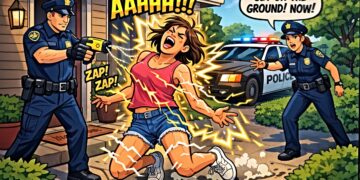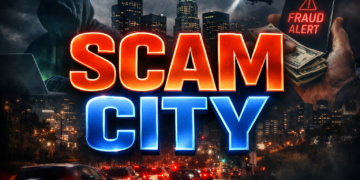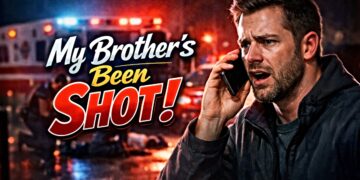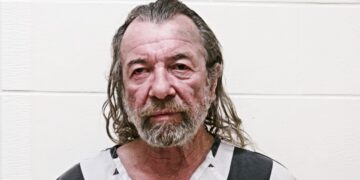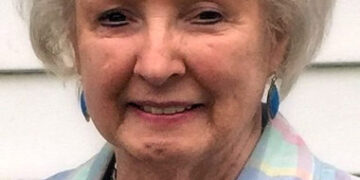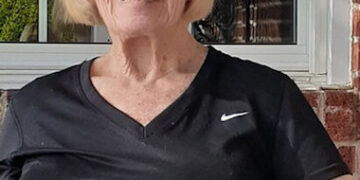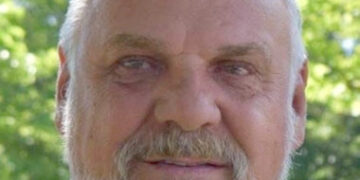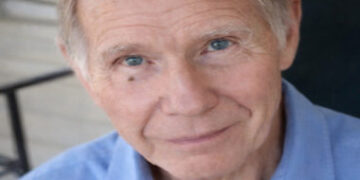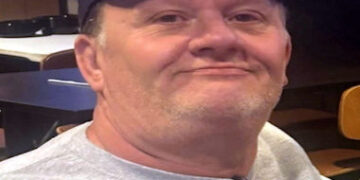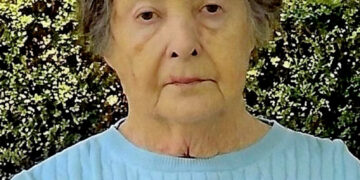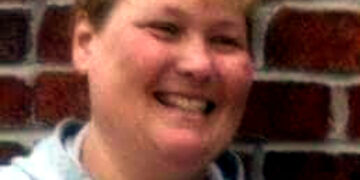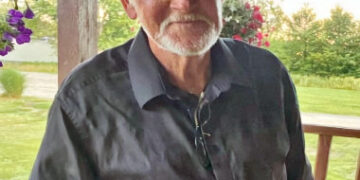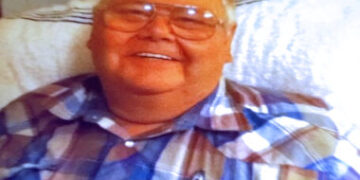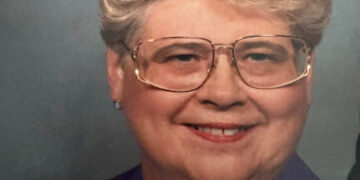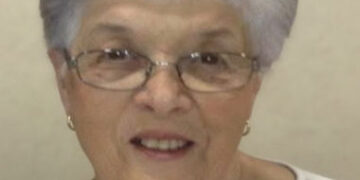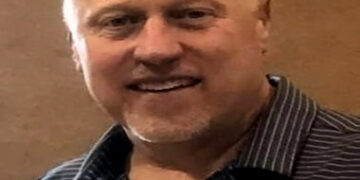“People are concerned that these individuals are putting themselves before the progress of the community. Being on council really messes with people’s minds, I suppose.” Sean Dunne had harsh words for the four Portsmouth City Council representatives who voted him out of the Mayor’s Office back in January.
The First Ward Council Representative is still putting up a fight about the January council vote that replaced him as mayor, but he says it’s not just sour grapes; it’s the principle of the vote, which he claims violates Ohio’s Sunshine law. The former mayor sat down with SCDN’s Mark Craycraft to explain why this violation matters, even if you agree with the outcome.
The way Portsmouth’s city government works, the president of city council serves as mayor and is elected by their fellow council members during an organizational meeting. On January 2nd, Charlotte Gordon was chosen as the new mayor, and Lyvette Mosely as the vice mayor. Gordon, Mosely, Joey Sandlin, and Andy Cole voted in favor of Gordon while Dunne and Dennis Packard voted for Dunne to retain the mayor’s job.
At the time, Dunne requested a do-over of the vote. In fact, he said friends and relatives of some council members could face subpoenas and depositions if it doesn’t happen. Dunne said he had concerns about a Facebook post discussing council business and a series of phone calls violating open meeting laws. He continued by saying that to comply with the Open Meetings Act, there must be appropriate notice that the meeting is happening to the public and that minutes must be taken at the meeting. Now, he’s taking legal action.
“To understand the moments of the meeting,” Dunne said, “you have to go a little bit further back. One thing that was unprecedented was that you had a number of community leaders contact council and ask about the vote for president and vice president. Members of city council were contacted and so was the city manager. That begs the question, why would people ask me about a vote that had not happened yet?”
Councilman Dunne says he believes there had been discussions and whispers about the vote by the four members of council who voted against him prior to the meeting. He claims many members of the community were already talking about a plan to vote him out that was discussed prior to the meeting. “From there, people were contacted and asked about it.”
He alleges that some of the four council representatives who voted against him admitted that they were planning to vote him out at the meeting. Dunne vehemently denied speculation that his objections to the vote were based on race or gender. “That’s not what people were concerned about. They were concerned this was going to be a step backward for the city. Unfortunately, community leaders have been proven right.”
Dunne cited the legislation put forth by council members in the past two years as proof. “Charlotte and Lyvette, the legislation they put forth was renaming a park and giving the city solicitor a $20,000 a year raise. Joey Sandlin, the one thing that he put forward was trying to update rules about getting on the ballot.”
He said the four council members who voted against him had put forth no legislation and had voted against meaningful legislation he supported.
Dunne says the real issue is Ohio’s Sunshine Laws and the Open Meetings Act. If the majority of the members of council meet that means, there must be minutes of the meeting available to the public. That would apply to an in-person meeting or a virtual meeting where public business is discussed.
Dunne said, “For the public, they want to know what their representatives are thinking. It’s key to having a representative democracy. If you go back to the first meeting in January, I pointed out to council that they’d violated the Open Meetings Act”.
During the meeting, Dunne said he had concerns about a Facebook post discussing council business and a series of phone calls violating open meeting laws. “Has anyone ever heard of round robin? I’m trying to be a mediator and not encourage any scorched earth or nuclear approach to this. It sounds to me more like a procedural technicality.”
Dunne then went on to quote “a couple of definitions that the Attorney General’s Office supplied me with” about the definition of a public body and what constitutes a meeting. “A majority of the members of a public body who are discussing or deliberating business.” The former mayor also spoke on what constitutes a discussion. He continued by saying that to comply with the Open Meetings Act, there must be appropriate notice that the meeting is happening to the public and that minutes must be taken at the meeting.
“The reason I asked council if they had heard of the phrase round robin is that based on all the different discussions in our community, well phone calls, leading up to our organizational meeting.”
Dunne equivocated council members talking to each other one at a time to discuss the same topic (presumably replacing him as mayor) as holding serial meetings to circumvent the public meeting laws. Dunne cited a 2017 incident with Portsmouth City Council and said that violating the Open Meetings Act would invalidate the vote.
Councilman Dunne said that other council members had not been responsive to his requests, so he’d been forced to take formal legal action. “People wouldn’t talk about publicly what they admitted privately, so legal action was required to remedy it.”
Dunne explained an incident where he spoke out during the invocation about the vote as an attempt to get council members who speak publicly about their religious beliefs to practice what they preach. “The notion that religion is somehow apolitical is a wrong interpretation of religion.”
Dunne claimed the four council members who voted against him had asked him not to speak out about the legal proceedings. “Legal counsel for the ‘gang of four’ as some people have called them, have begged us not to speak out and keep everything confidential and out of the public eye. I’m not doing that.”
He said he was asked to agree to keep certain information collected during depositions confidential. I’m saying no. Let’s keep everything public.”
Dunne expected depositions to start within the next month. He said taxpayers were footing the bill for the city council, and he was paying for his attorney.
The councilman said his goal for the lawsuit was to call public attention to the vote and his concern that council members have skirted open meeting rules before. “A good outcome would be an outcome that this procedure was wrong. Then, they could explain why they concocted this plan. Legally, what a legal outcome would be that their vote was invalid and they would have to vote again.”
He said he realized they might make the same decision again but that wasn’t the point.












